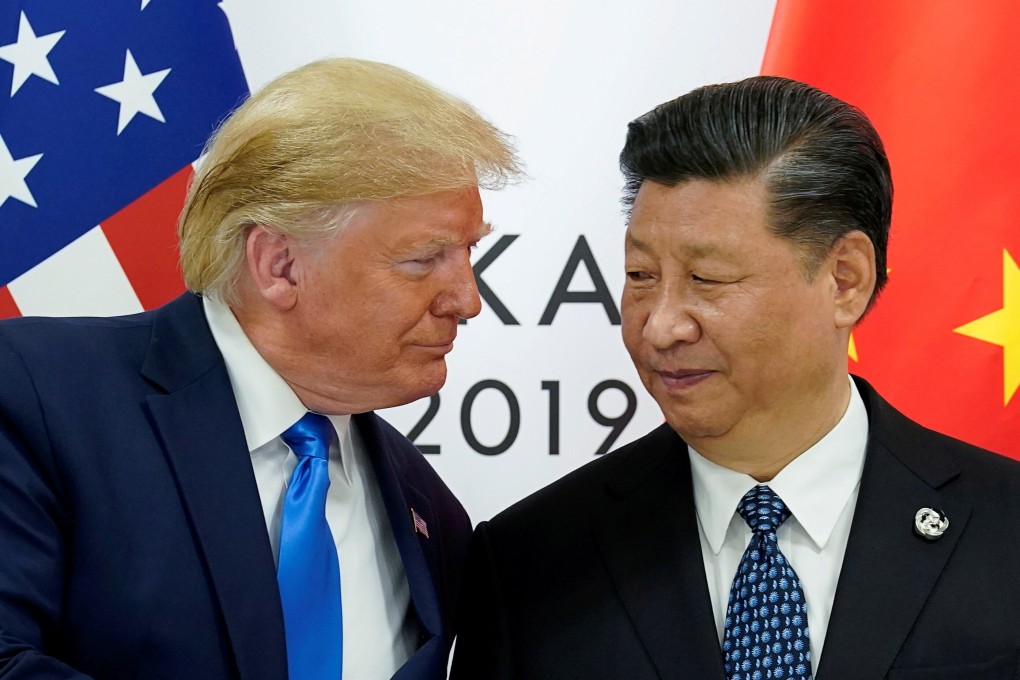Opinion | Asia shouldn’t underestimate America’s ability to counter China
- Both experts and the public have a tendency to pick apart Washington’s missteps in great detail while overestimating Beijing’s strength
- But predictions of America’s military retrenchment from the Indo-Pacific are overblown, and could threaten to become self-fulfilling

While America is seen as increasingly weak and irresponsible both domestically and internationally, these perceptions could change. As demonstrated by the world’s mounting interest in “decoupling” from China, Beijing’s efforts to establish a legitimate, parallel set of international norms and institutions are beginning to falter. Other geopolitical heavyweights have also failed to make up for the recent absence of a unifying presence on the world stage.
On the other hand, perceptions of an accelerating power transition from the US to China could also be self-perpetuating. Global news headlines are saturated with stories of America’s bungled Covid-19 response and looming Depression-level economic downturn, leaving leaders across Asia and Europe unsure about the country’s future.

Cautious leadership now, accentuated by fear of being caught in the rip tides of a potential cold war between the US and China, might mean missing out on a rare opportunity to take advantage of Beijing’s own recent setbacks.

